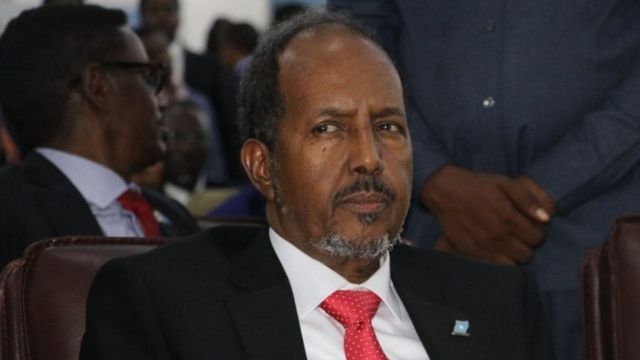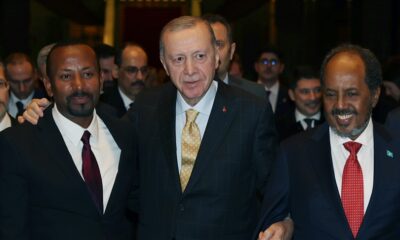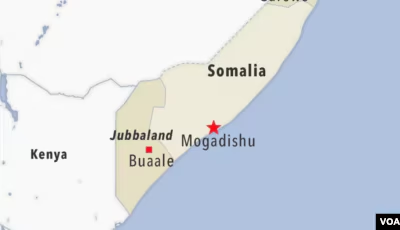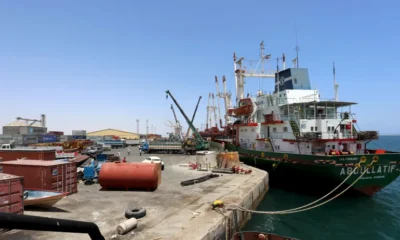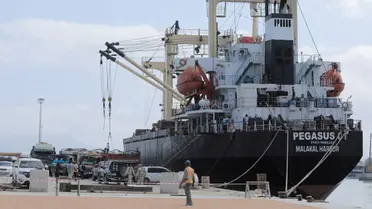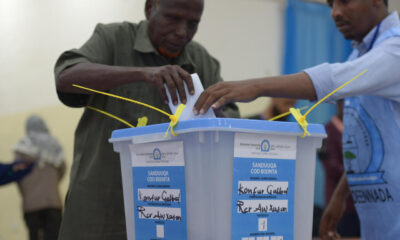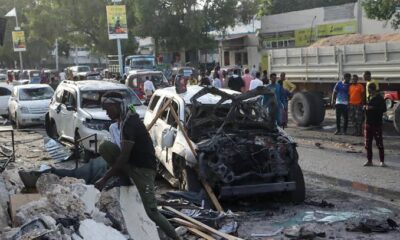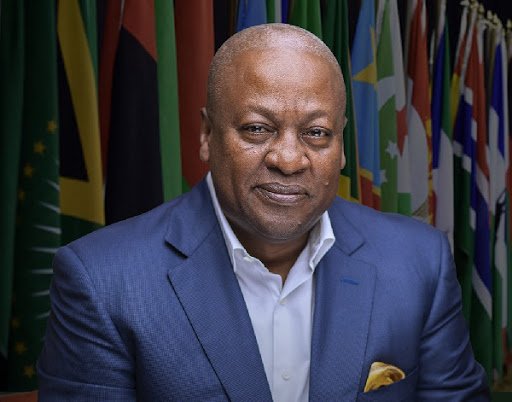Somalia is running out of time to defeat the deadly al-Qaeda-linked al-Shabaab militant group in the country. Its president, Hassan Sheikh Mohamud made the position known on Wednesday as the deadline for the remaining African Union peacekeepers to leave looms.
Mohamud said the troubled East African country has just one year left to root out terrorism, as it has been facing a brutal insurgency against it since 2006 in a bid to establish its own rule based on a strict interpretation of Islamic Sharia law.
Mohamud, serving his second term as president, said in August he wanted to eliminate it by early next year.
“The end game is Dec 2024 when all the ATMIS (the African Union peacekeeping) forces have to leave the country,” Mohamud told an audience at London’s Royal United Services Institute.
In September, Somalia asked the United Nations to pause a planned drawdown of 3,000 African Union peacekeepers for three months to allow its security forces time to regroup after a militant attack forced them to withdraw from several recently captured towns.
The goal was to destroy “the residual” al Shabaab, he said, but the recent deadly flooding in the region had made the task more challenging, although the flood also made it more difficult for the militants to disperse landmines.
Mohamud called the progress “encouraging,” noting that there were currently no signs that al-Shabaab’s leaders desired any kind of communication with the government. He also urged the international community to support Somalia’s military endeavours, strengthen its state institutions, supply essential services like health and education, and rebuild its infrastructure.
“If that changes we will,” he said. “I believe this will end up in dialogue … rather than killing and maiming and chasing away.”
In August of last year, the military in central Somalia rallied behind clan-based militias to launch Mohamud’s latest offensive against al-Shabaab. Although al-Shabaab has continued to carry out deadly attacks against military and civilian targets, this uncommon cooperation has contributed to the most notable territorial gains against the militants since the mid-2010s.

 VenturesNow1 day ago
VenturesNow1 day ago
 Musings From Abroad1 day ago
Musings From Abroad1 day ago
 Metro2 days ago
Metro2 days ago
 Metro12 hours ago
Metro12 hours ago
